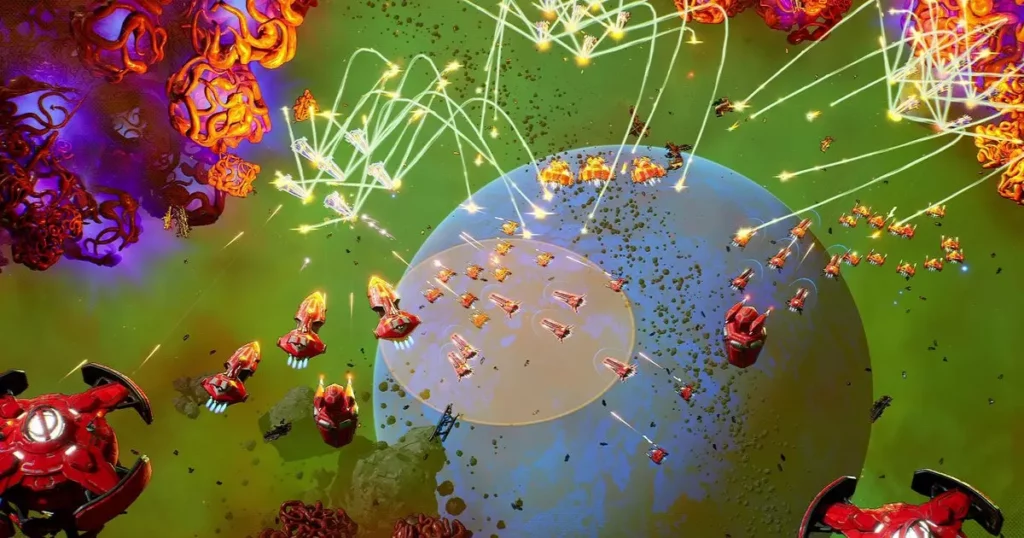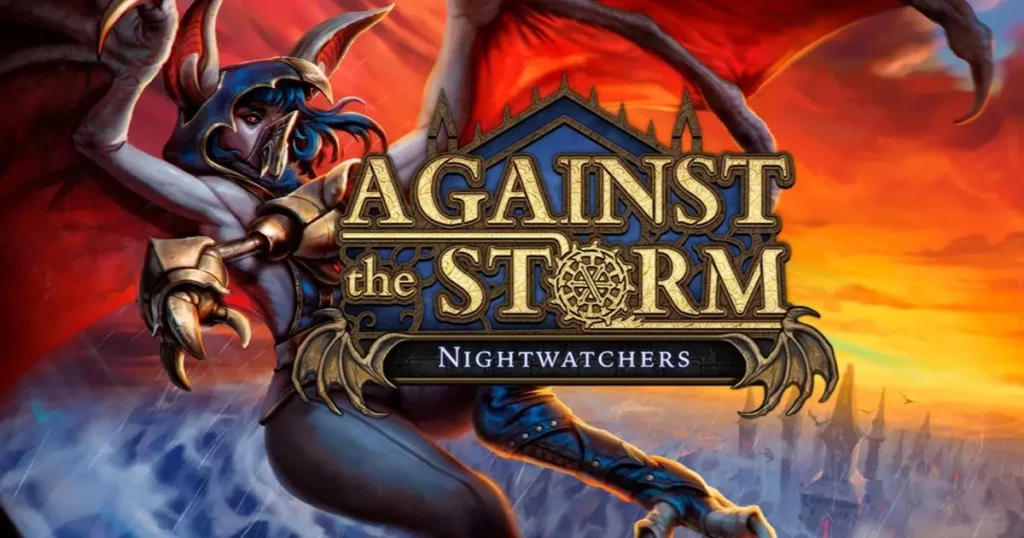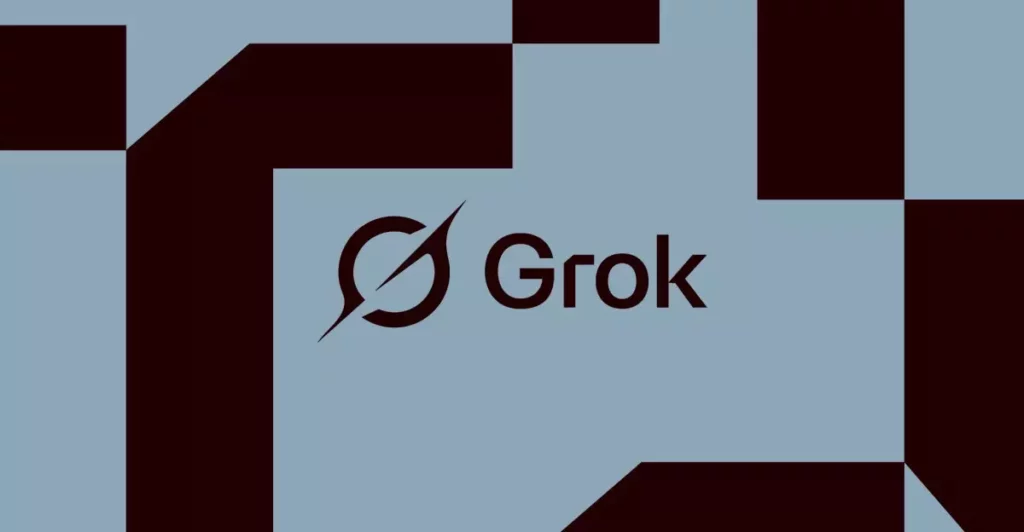The RTS genre has been somewhat stagnant, ensnared in a time loop of nostalgia and recycled mechanics. Amidst this landscape, Project Citadel emerges—a creation by Last Keep, a passionate indie studio surprisingly staffed with talent from acclaimed franchises such as Stranger Things and Age of Empires. It’s a game that wishes to breathe new life into an older framework by combining its classic roots with modern gaming trends, specifically roguelike elements, and a space-themed narrative. There’s an undeniable ambition here; however, one can’t help but wonder—does a fresh coat of paint truly redefine what many might consider a tired genre?
Shifting the Paradigm: Fast-Paced Aggression vs. Strategic Depth
At its core, Project Citadel is attempting to innovate the traditional RTS experience. The developers are drawing from renowned mechanics, such as squad-based commands reminiscent of Halo Wars, while also facilitating shorter, more exhilarating play sessions. Players encounter a branching galactic roadmap filled with battles that promise to invigorate familiar tactics—strategies that have long been staples of traditional RTS gameplay. The emphasis on fast-paced aggression, developed through mechanics that dismiss the notion of “turtling,” is undeniably forward-thinking. It flips the script by demanding constant engagement rather than the contemplative buildup seasoned players often enjoy.
While this might attract a new audience craving rapid gameplay, I fear it risks alienating die-hard fans who appreciate the nuances of a defensive strategy. Is Project Citadel steering into a trend of perpetual conflict merely to cater to our short attention spans, or could it genuinely mark a new era in RTS?
Roguelike Trends: Innovation or Opportunism?
The inclusion of roguelike elements is another bold choice that warrants scrutiny. The premise, as articulated by Yohan Sengamalay, aims to “deconstruct” the standard campaign format into consumable chunks—ideal for those looking for quick gratification. Yet, the gaming community has seen too many half-hearted attempts to integrate roguelike features into various genres, begging the question: is this genuine innovation or simply a trend-driven tactic?
The promise of spontaneous rewards and meaningful choices introduces a tantalizing layer of excitement; however, deep-seated skepticism remains. Are we sacrificing the foundational strategy in favor of a continuously unfolding loop that may devolve into repetitiveness? The delicate balance between innovation and tradition feels like a tightrope walk where even a slight misstep could lead to a catastrophic plunge.
Squad Control vs. Individual Command: A Double-Edged Sword
Project Citadel’s design focuses on squad command rather than the intricate micromanagement that hardcore RTS gamers relish. This decision aims to diversify the player base, making it accessible across different platforms, including consoles. However, less complexity often raises red flags. The game boasts a range of vessels, from nimble strike crafts to formidable tanks, enhancing tactical finesse, but can this simplification truly satisfy seasoned players who crave depth?
Should the developers strike the right balance, we could witness the birth of a new flavor within the RTS genre that retains engagement while welcoming in newcomers. Yet, if the mechanics lean too heavily towards user-friendliness without a satisfying strategic challenge, veterans might understandably feel relegated to the sidelines.
The Indie Studio Dilemma: Innovation or Constraint?
The indie label can inspire both confidence and skepticism. Last Keep stands on the edge of adversity and creative freedom, eager to carve out a niche amidst industry giants. The notion that the studio lacks the resources to replicate the monumental successes of legacy titles like Age of Empires is refreshingly candid. However, it’s also a sobering reminder that innovation can easily fall prey to resource limitations that many indie studios face.
As they strive to craft something singular in a crowded market teeming with recycled ideas, their success may hinge not just on creativity but also on their ability to navigate financial and developmental pressures. History is littered with examples of indie projects influenced by ambition but ultimately succumbing to reality. Project Citadel, then, is a risky gamble—whether it pays off depends on its execution.
A Precarious Balance of Past and Future
Project Citadel encapsulates a paradox: it’s both a tribute to the rich legacy of RTS games and a potential departure from the conventions that define them. While the ambition is commendable, the challenge lies in its execution; will it truly offer a fresh experience, or merely skim the surface of creativity?
As the gaming community holds its breath for what could either signify a remarkable evolution in real-time strategy—or perhaps merely another fleeting moment in an overflowing market—one thing is clear: for Project Citadel to succeed, it must boldly chart its course while maintaining enough of the classic elements that keep the heart of the genre beating. As a center-right liberal observer, I genuinely hope it’ll be the former; we could all use a bit of daring innovation that reawakens our love for tactical warfare.









Leave a Reply